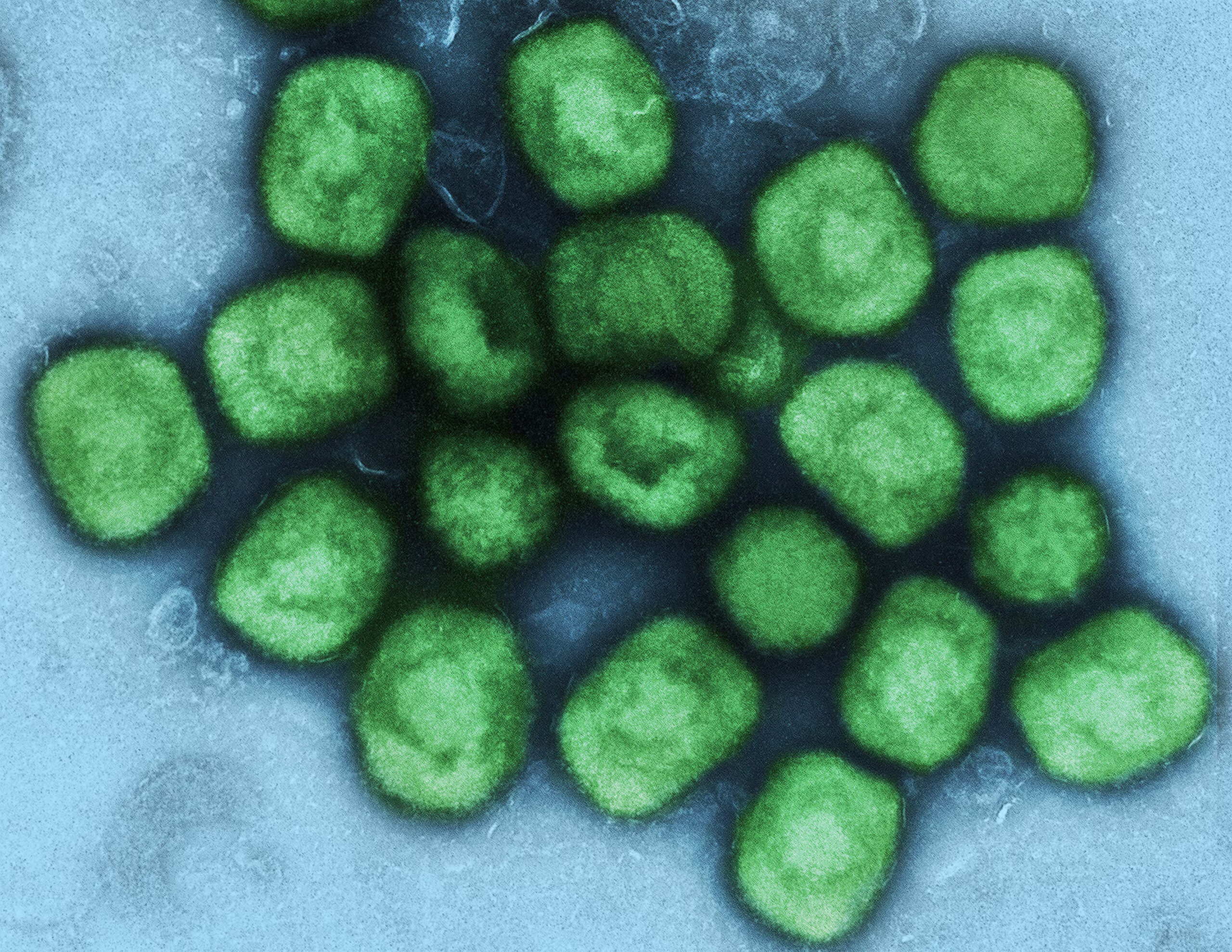Health authorities have confirmed the first case of monkeypox in New Zealand, calling its arrival on our shores “not unexpected” given the increase in global cases.
The person, who is in isolation, is in their thirties, lives in Auckland and has recently returned from overseas travel in a country with reported cases of Monkeypox. The Ministry of Health says there is no evidence of community transmission here, with only a very small number of contacts of the case who are being advised to watch for symptoms.
Updated 12 July: A second case of Monkeypox has been confirmed. The person had recently returned from overseas and are not linked to the first case reported on Saturday. The Ministry of Health says there is still no evidence of community transmission.
The SMC asked experts to comment.
Dr Massimo Giola, infectious disease and sexual health physician, comments:
“There’s no need to panic, but we need to start working seriously on this outbreak.
“Monkeypox mainly spreads through skin-to-skin contact or through saliva, so I expect this outbreak to be at a different scale than Covid-19. However there are some key differences between this monkeypox outbreak and the classical monkeypox virus from Central Africa.
“Since we first heard of monkeypox spreading outside of Africa, evidence has been mounting that this outbreak is more of a sexually transmitted disease. Patients in this outbreak have a disproportionate amount of lesions on their genitals, compared to those infected with the classical monkeypox virus.
“Some cases present without any symptoms of fever or malaise, and sometimes just present with the lesions. With classical monkeypox, people see all their lesions at once, whereas now some patients are seeing lesions at different stages at the same time. People need to be really on the lookout for monkeypox lesions, which look like a variation on chickenpox lesions, potentially with more of an umbilicated dome shape.
“Scientists who have genetically sequenced the virus have found 50 mutations from the classical monkeypox strain. This is a much faster mutation rate than what we expect from poxviruses – potentially six- to twelve-fold quicker. Scientists are still trying to figure out if these mutations are helping it to spread better.
“I’ve heard people say to not worry about monkeypox, as the R0 (the number of people each case is estimated to infect) is less than one – so the outbreak will eventually die out on its own. However research shows the R0 is substantially higher than one in highly dense sexual networks, so the outbreak is not going to disappear as long as conditions are favourable for the virus to spread in those networks.
“Other research has found that this monkeypox virus can be found all through the body of a patient, including their semen. The concern here is that the semen might remain positive with the virus for a long time, even after the skin lesions have healed. This happens with other viruses like ebola and zika. Some agencies are now recommending people use a condom for 12 weeks after fully recovering from monkeypox, even if all their other symptoms have cleared up.
“I think monkeypox could become one of the major STI threats, at least until a vaccine is rolled out. The good news is that we don’t need to wait for a vaccine, as a smallpox vaccine has already been developed. The bad news is there is nearly no stock, and there is already a queue of countries ahead of us to receive it once production is scaled up.
“The virus is still mostly spreading through populations of gay and bisexual men. I think they need to be alert to what’s happening internationally, and be on the lookout for symptoms. They should come forward to be tested if they have any monkeypox symptoms, especially if they recently came back from Africa, Western Europe, and North America.”
Note: Massimo has previously spoken about how gay and bisexual men are “a canary in the coal mine of infectious diseases.”
No conflict of interest declared.
Comments from Sat, 7 July after the first case was confirmed:
Professor Kurt Krause, Infectious Diseases Physician; Professor of Biochemistry, University of Otago, comments:
“We were expecting cases in New Zealand. Not to panic. We will likely get more cases but numbers will be nothing like Covid-19. People will need to be on the lookout if they may have been exposed. And affected people will need to isolate, but almost everyone affected will recover very well.”
No conflict of interest declared.
Arindam Basu, Associate Professor of Epidemiology, School of Health Sciences, University of Canterbury, comments:
“Now that a Monkeypox case has been confirmed, it is important to be careful about protection measures, as over the next few weeks more Monkeypox cases will likely emerge.
“Monkeypox and Covid-19 are different diseases and spread through somewhat different pathways, but at a personal level, personal hygiene measures and protection with masks are super important for both diseases, especially as Covid-19 cases will continue to rise. Being watchful about contacts, keeping a diary, and getting the tests at the first instances of common cold-like symptoms may be helpful”
No conflict of interest.
